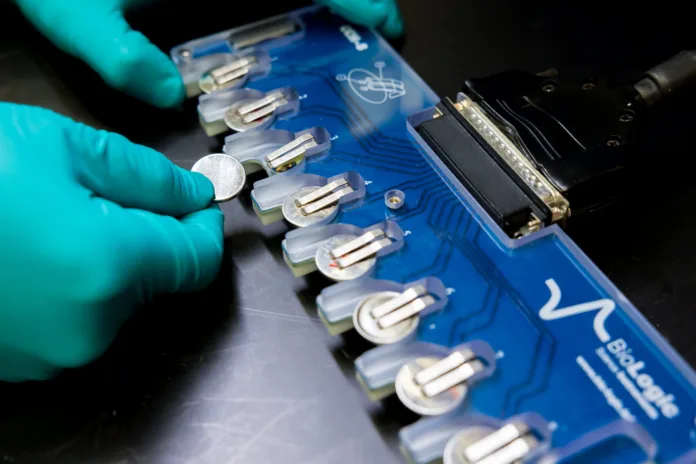Summary
- Innovative Partnership: By utilizing AI and cloud computing, Microsoft and PNNL were able to find a Battery Material solid-state electrolyte for batteries that is less dependent on lithium and safer.
- AI-Driven Discovery: In just 80 hours, AI quickly sifted through 32 million materials using Azure Quantum Elements, a process that would not have been possible without AI’s speed. This method reduced the field to 23 contenders.
- Promising Material Unveiled: After being synthesised and tested, the new material has the potential to reduce lithium usage by 70%, improving battery safety and energy efficiency.
- Difficulties and Caution: Although promising, conductivity and practicality issues still exist, necessitating cautious optimism and thorough testing prior to commercial availability.
- Environmental Concerns: Although AI speeds up research, it’s still important to balance its effects on the environment, which emphasises the need for sustainable computing techniques.
The combination of large-scale cloud computing and artificial intelligence (AI) has greatly aided the search for novel battery materials. In the quest for safer and more effective battery components, Microsoft and the Pacific Northwest National Laboratory (PNNL) have made a promising advancement.
Table of Contents
An Overview of AI and Cloud Computing for the Discovery of Battery Materials
The search for substitute materials has been prompted by the need for improved battery technology, particularly with regard to rechargeable electric vehicle batteries. This partnership between PNNL and Microsoft represents a fundamental shift in the way battery material discoveries are made.
The Finding of a Hopeful New Substance
The recently identified solid-state electrolyte offers a promising advancement in lithium utilisation and battery safety. This material offers lower lithium reliance and increased safety when compared to conventional lithium-ion batteries.
AI’s Contribution to Material Discovery Acceleration
Microsoft’s Azure Quantum Elements was essential in quickly sorting through millions of possible applicants. AI algorithms were used to focus the search on a small number of materials, greatly accelerating the discovery process.
Also Read: Exploring Phi-2: Microsoft’s Remarkable 2.7 Billion-Parameter Language Model

Testing and Possible Difficulties
Although the synthesised candidate exhibits potential, issues with its conductivity and usefulness still need to be resolved. Commercial viability cannot be attained without extensive testing and refinement.
The Effects on the Environment and Prospects for the Future
Although the process of discovery has quickened, worries over the effects of AI-driven calculations on the environment remain significant. Sustainable innovation now requires balancing cleaner computing techniques with energy efficiency.
The Importance of Findings Driven by AI
An important turning point has been reached with the decrease in the consumption of lithium and the possibility of sustainable energy alternatives. On the other hand, cautious viewpoints highlight the necessity of comprehensive validation and synthesis feasibility.
Conclusion
The joint endeavours of Microsoft and PNNL highlight the revolutionary possibilities of artificial intelligence-driven breakthroughs in the field of battery materials. Even though the newly discovered material has promise, finding sustainable energy solutions will require careful planning and thorough testing.
Disclaimer:
AI was used to conduct research and help write parts of the article. We primarily use the Gemini model developed by Google AI. While AI-assisted in creating this content, it was reviewed and edited by a human editor to ensure accuracy, clarity, and adherence to Google's webmaster guidelines.


